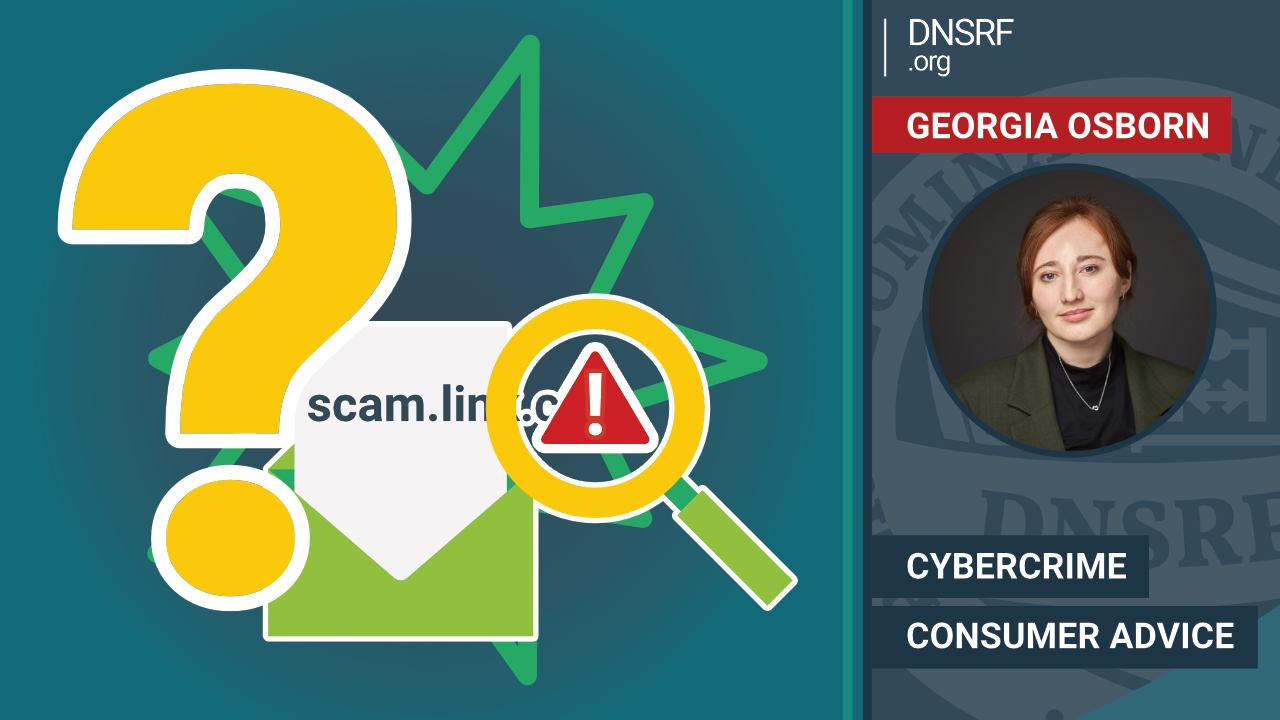What to do if you think you might have been scammed!

By Georgia Osborn
Anyone can be a victim of a scam. You are not alone, and they can happen to anybody at any age. According to a recent survey, “30% of families in the UK have lost money to Internet scams.” Efforts as well as practical tools are currently being made to mitigate scams. Previous studies into what makes consumers click on a link that leaves them vulnerable to being scammed show that when there is a recognisable brand name in the link, consumers feel more inclined to to click. This false sense of trust can lure a user in, with a cost of over £6.8 billion lost in the UK and substantial negative psychological impacts.
So what can you do when you have been a victim of an online scam?
Do report it.
Why should you report a scam or share that information?
Shared Problem, Shared Solution
A scam link or tactic can be used, and if no one is reporting it, it will not be recognised within law enforcement or a brand. Understanding the criminal tactics and behaviour as well as the links used can help prevent a trending scam. Understanding the latest scams can be helpful to our own awareness as well as drawing awareness of the scams to the companies and law enforcement agencies.
Protect others in your community and beyond
If you report that you have been scammed and the details of the scam including the link used, it can be included on blocklists that will prevent the link from opening for the next person.
Support Law Enforcement Efforts
By reporting a scam, you can help law enforcement agencies in their efforts to track down criminals and shut down their operations. Your input can lead to prosecutions and safeguard future victims. It can make a big difference in fighting online scams and creating a safer, better digital space for all of us.
How do you report a scam?
There are reporting mechanisms available and it may help to block the link from showing up on popular browsers.
The reporting mechanisms vary from country to country.
In the UK we have:
- Action Fraud: this provides a hotline, an email address and resources of what to do when you have been a victim of cyber crime.
- Other useful contacts and advice on cybercrime support can be found on the Met Police website on cyber crime.
In the US we have:
- The Internet Crime Complaint Center (IC3): This is run by the FBI and you can file a complaint or report Internet Crime. A video explainer of how to do this can be found here.
- Other resources around how to file a report or complaint are on the cisa.gov website on Reporting a Cybercrime Complaint Tip Card.
In Europe we have:
The Europol directory of reporting websites for each country.
There are different methods of reporting depending on the country that you are reporting from.
Do Not try to contact the scammer yourself. The scammer is a criminal with criminal intent and you may give more information away.
The main barrier around prosecution is the issue of jurisdiction. Usually crimes are committed outside of the jurisdiction of the victim, and using platforms or domains hosted by an organisation in another jurisdiction. This makes it very challenging to prosecute - therefore, there is a perception that reporting it will not make any difference.
It is still important to report a crime to prevent the continuation of that particular vector or methodology of crime. It can also help to provide support to victims of cyber scams.
We are still learning how to deal with this new technology and how criminals exploit it. By reporting it, you can help in the fight against cybercrime. For more information about how to avoid being scammed and what makes up a scam, please see our video: Anatomy of a scam.


